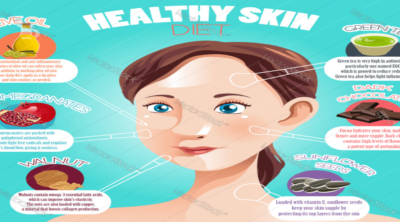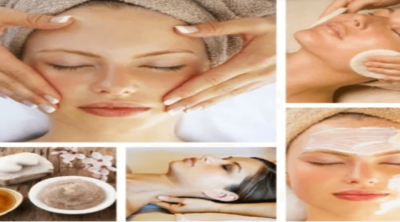
Salicylic acid is widely used for treating acne and acne scars. Find out more about this organic acid and its effectiveness in treating acne and acne scars, through this BeautiSecrets article.
Salicylic acid is a weak beta hydroxy acid that is derived from the bark of the willow tree. This organic acid is probably best known for its use in acne treatment. In fact, it is the active ingredient in a large number of acne skin care products.
Acne, as we know, is mainly associated with clogged pores. Pores get clogged primarily due to the excess secretion of ‘sebum’ or oil by the overactive sebaceous glands. The sebum collects within the skin pores, and forms papules, which can cause the appearance of blackheads and whiteheads.
Such clogged pores can also harbor bacteria, dirt, and dead skin cells, which can eventually lead to infection and inflammation, or the development of acne lesions.
Effectiveness in Treating Acne
Being a beta hydroxy acid, salicylic acid possesses exfoliating properties. Unlike alpha hydroxy acids, beta hydroxy acids have larger molecular structures, which is why they can remain on the surface of the skin for longer. This makes beta hydroxy acids very effective in penetrating the skin pores and exfoliating the dead skin cells. Exfoliation is the key to unclog the skin pores, and accelerate the shedding of dead skin cells. It helps prevent the blockage of skin pores, and reduce the number of acne breakouts.
The over-the-counter salicylic products used for the treatment of acne and acne scars are usually available in the strengths of 0.5% to 2%. A large number of products like creams, lotions, gels, face wash, and face pads are available in the market. You can choose any of these products, but be consistent in its application, and follow the instructions given on the package.
However, do not use several salicylic products simultaneously, as its excessive use can cause skin dryness. You can also experience a mild tingling sensation on the skin, skin flaking, peeling, and increased sensitivity to sunlight after using it. However, compared to some other over-the-counter acne products, this organic acid is milder on the skin, and many of its minor side effects can be managed by using a good quality oil-free moisturizer.
Salicylic Acid Vs Benzoyl Peroxide
Benzoyl peroxide is another over-the-counter medication used for acne treatment. It works by destroying the bacteria and sloughing off the dead skin cells. It is effective for treating moderate to severe acne, while salicylic acid works well for mild to moderate acne. But this beta hydroxy acid is not effective in treating severe and inflammatory acne lesions. However, it is much gentler on the skin as compared to benzoyl peroxide, and so, it can be used by people with sensitive skin as well.
Benzoyl peroxide, on the other hand, is stronger than salicylic acid. It can cause a few side effects like skin dryness, redness, scaling, and minor swelling, besides making the skin more sensitive to ultraviolet radiation. Therefore, it is usually not considered suitable for sensitive skin. But it can be effective in treating breakouts in oily skin. So, the choice between these two products depends on the skin type, and the severity of the problem that is being treated.
One can also use salicylic acid for scar removal, as this organic acid can slough off dead skin cells. But it can make the skin more sensitive to sunlight. So, be sure to apply sunscreen before going out in the sun. However, before using any kind of acne products on your skin, it is better to get your condition properly evaluated with the help of a dermatologist. This will help you find out the product that will be best for your skin.
Pregnant and breastfeeding women should confirm with their physician before using salicylic acid and benzoyl peroxide for acne treatment. If you experience any kind of reactions or side effects while using these products, be sure to inform your dermatologist as soon as possible.


